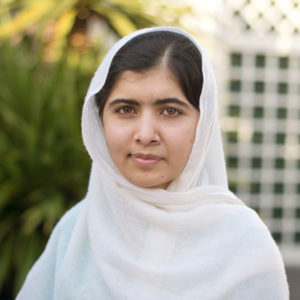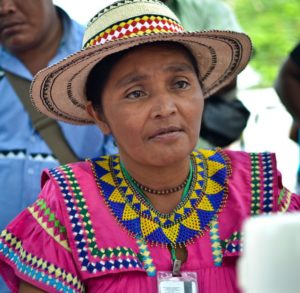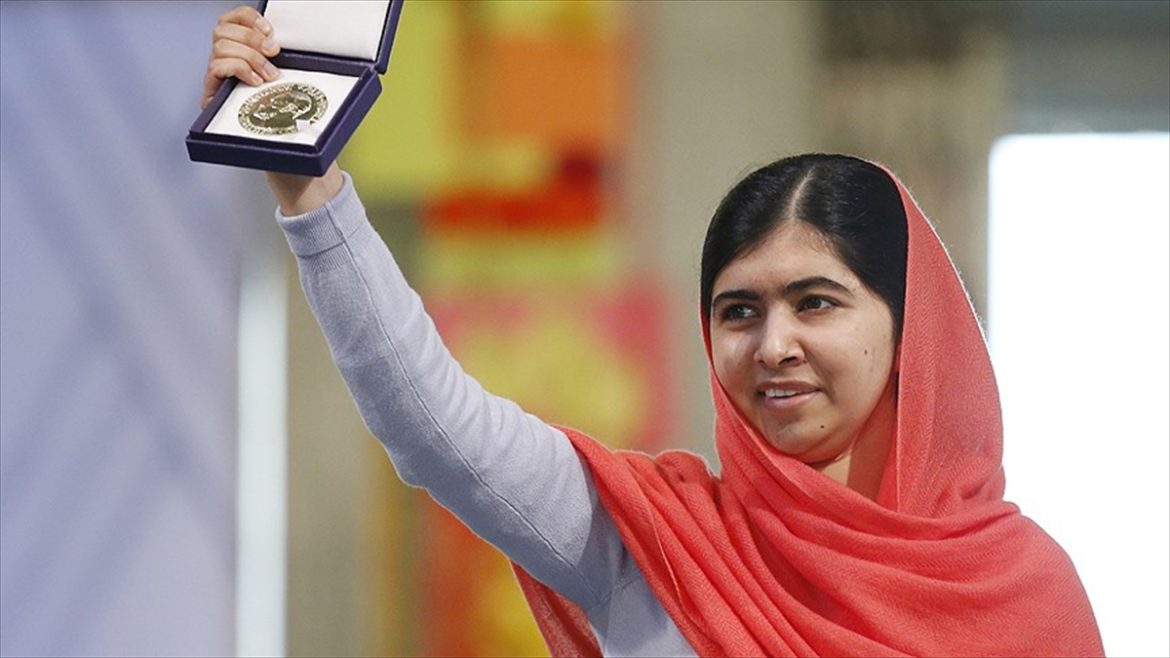This is a spotlight on several women activists, some you know and others you probably don’t. Despite public work on a range of different issues across the world and throughout history, all these women deserve the utmost recognition and respect for their fearlessness and tenacity in standing up for what they believe is right.

Susan B. Anthony
Quite the household name in America, no list of women activists is complete without Susan B. Anthony. Anthony and life-long friend Elizabeth Cady Stanton became leading figures of the women’s suffrage movement. Their work began in the mid-1800s; although women were granted the right to vote at the local and state level over the course of the subsequent decades, Anthony didn’t live to see the ratification of the Nineteenth Amendment in 1920. In addition to her activism for the right to vote regardless of gender, Anthony was also a bold proponent of the abolition of slavery, envisioning a racially integrated society at a time when even Lincoln was hoping to ship African-Americans “back” to Africa.

Annie Jiagge
As a lawyer and judge, Annie Jiagge was a fierce advocate for women’s rights on the global stage. Jiagge’s activism began with the YWCA and evolved into work in the public eye, such as the establishment of government-funded safe places for visiting women in Accra, the Ghanian capital. Representing Ghana at the UN for a decade and chairing various commissions, Jiagge drafted the Declaration on the Elimination of Discrimination Against Women. The document set the precedent for the convention adopted by the UN General Assembly in 1979. Ratified by 189 states, it is very much considered an international bill of rights for women.

Malala Yousafzai
Malala Yousafzai is the youngest-ever Nobel Prize Laureate. An inspiring young woman, Malala was an active voice for promoting girls’ education when the Taliban made an attempt on her life in her native Pakistan. Today, Malala remains a major figure in the advocacy of education and children’s rights, and a global movement has developed in her name.

Simone de Beauvoir
Best known for her essays, novels and books on philosophy, politics and social issues, Simone de Beauvoir was a French writer, feminist and major player in the women’s liberation movement in the 70s. Her highly influential book, The Second Sex, is regarded as a seminal work in feminist theory. It comprises a close reading of women’s oppression throughout history, arguing that women have always been considered “other.” This otherness serves as the primary impediment to women’s advancement and success. De Beauvoir’s assertion of gender as a social construct in the treatise serves as the cornerstone of feminist existentialism as well as second-wave feminism.

Jane Goodall
The world’s number one authority on chimpanzees, Jane Goodall has committed a huge portion of her life (55 years to be exact) to studying social and familial interactions of chimpanzees in Tanzania. It is plain to see how her close work with primates has prompted her avid stance on animal rights and welfare as well as conservation. Primarily a global wildlife and environmental conservation organization, the Jane Goodall Institute also supports initiatives to promote sustainable livelihoods and improve gender and health outcomes.

Leila Khaled
Leila Khaled is the foremost woman freedom fighter and member of the Popular Front for the Liberation of Palestine. Her formidable actions have led her to become known as the first female airplane hijacker. Her nerve in asserting self-determination for Palestine has gained her immense notoriety in some circles. Today, Khaled continues the fight for the long-sought-after Palestinian right of return by involving herself in politics and speaking as the voice of a grossly neglected people.

Sojourner Truth
Sojourner Truth was an incredible force who devoted her life to abolition and women’s rights. Born into slavery, Truth escaped to freedom in 1826. Years later she would become the first black woman to win a case against a white man when she sought to regain custody of her son in court. At the Ohio Women’s Rights Convention in 1851, Truth gave her famous improvised speech, “Ain’t I a Woman?” Many of her profoundly affective words reverberate to this day. During the Civil War, Truth helped to recruit African-American soldiers for the Union.

Silvia Carrera
Silvia Carrera is the first woman chief, or cacique, of Ngöble-Buglé, the largest autonomous, indigenous territory in Panama. In this role, Carrera has led undying resistance to the construction of hydroelectric dams and mineral mining projects in the indigenous territory she oversees. A major defender of indigenous rights, Carrera is also a beacon for indigenous women across Latin America.
By: Frances Lai

